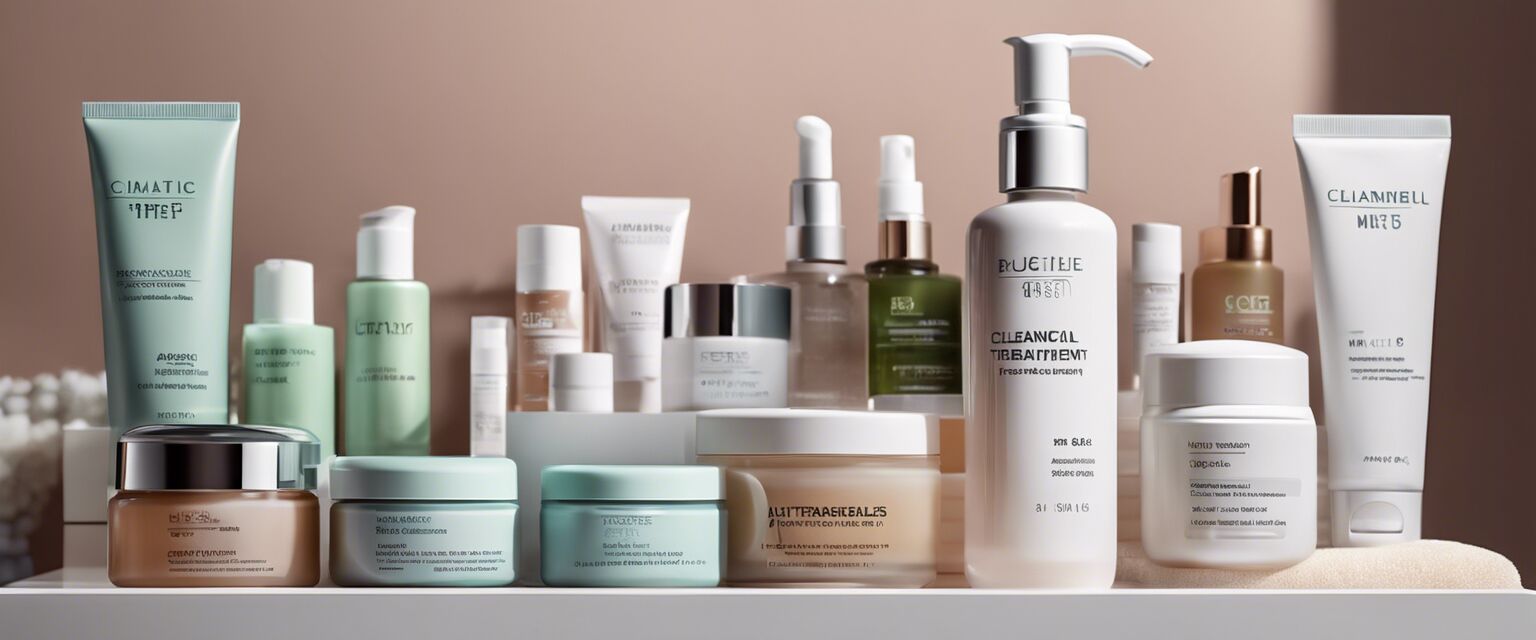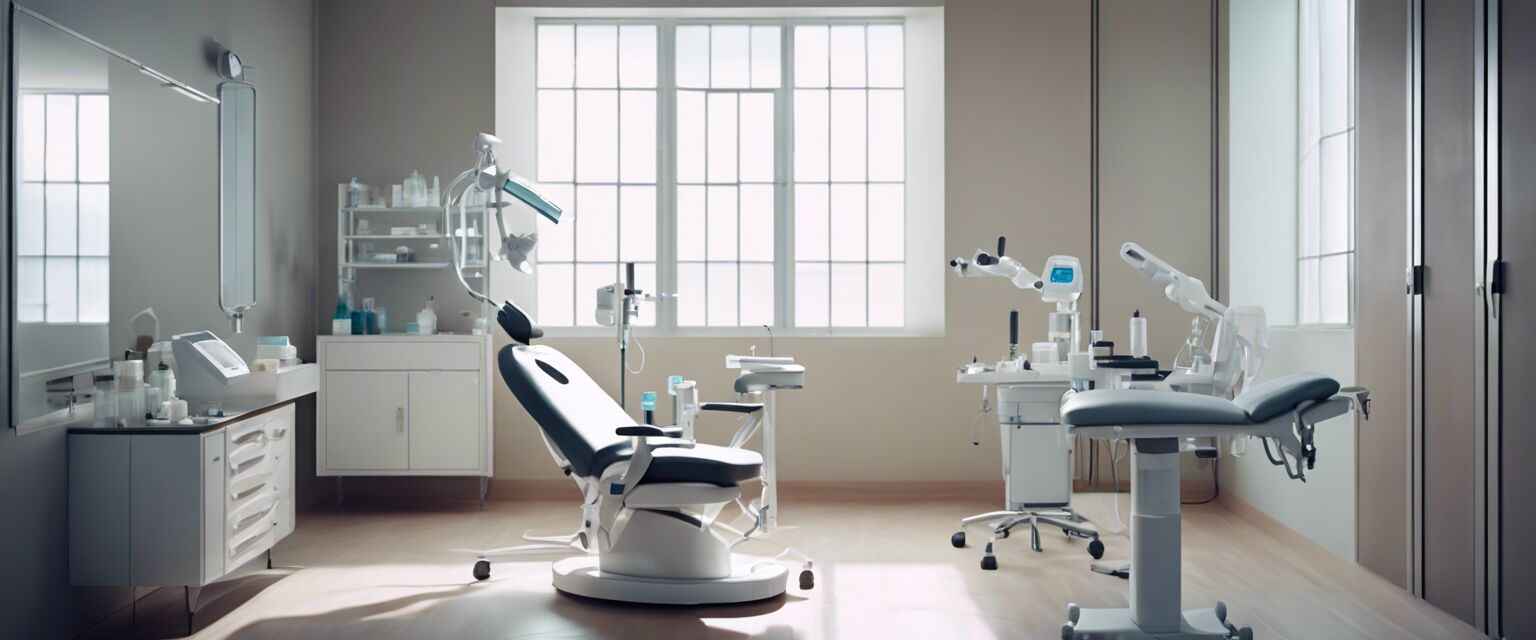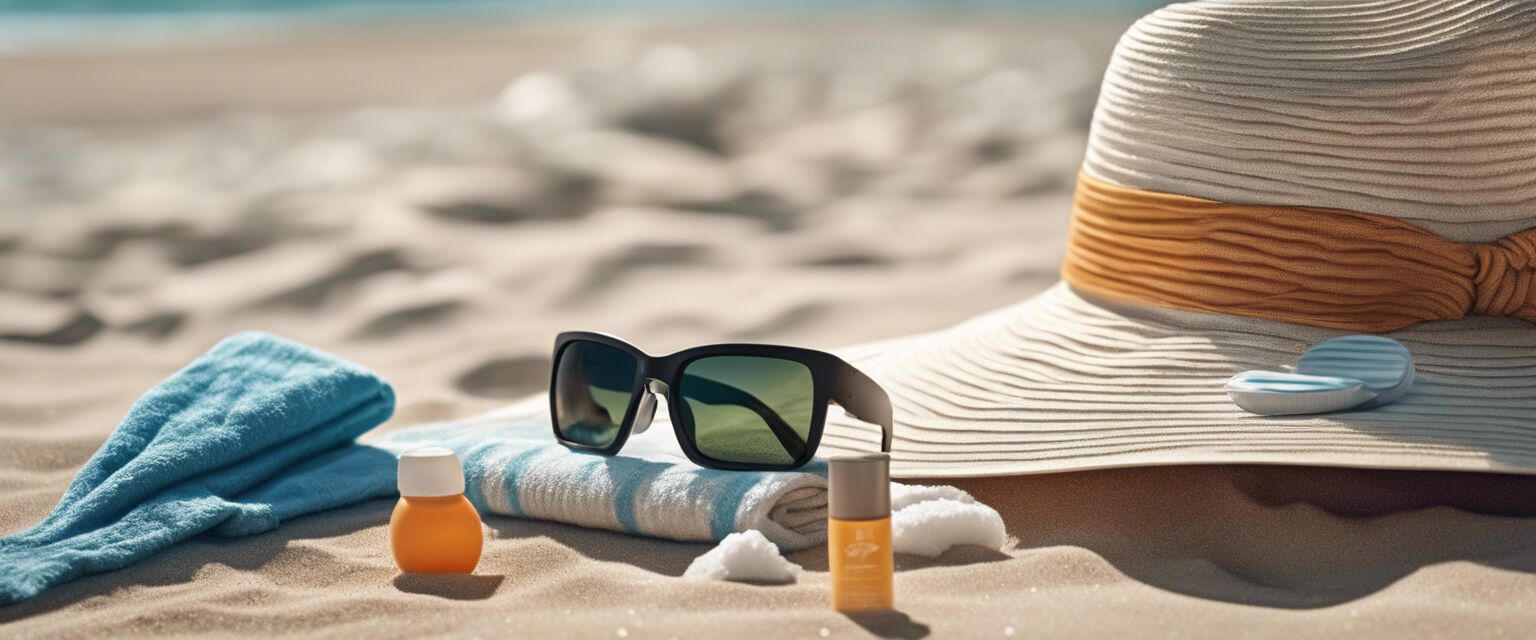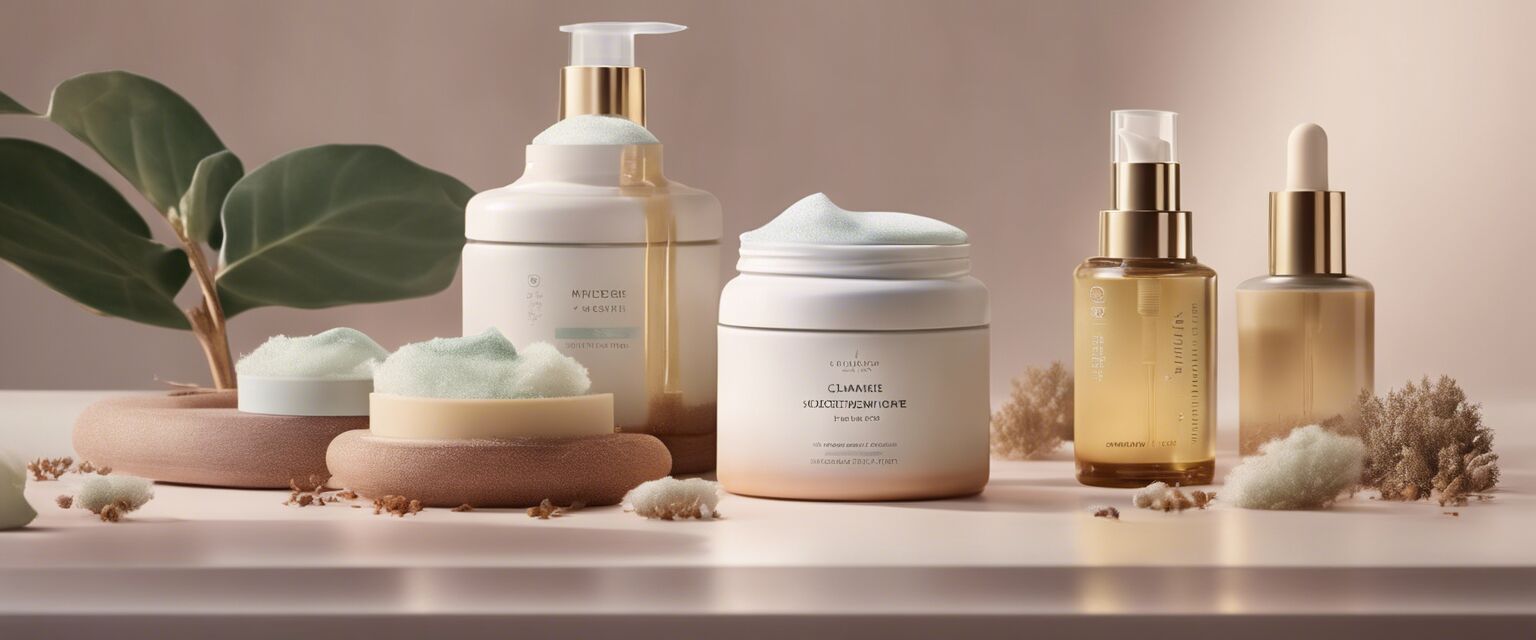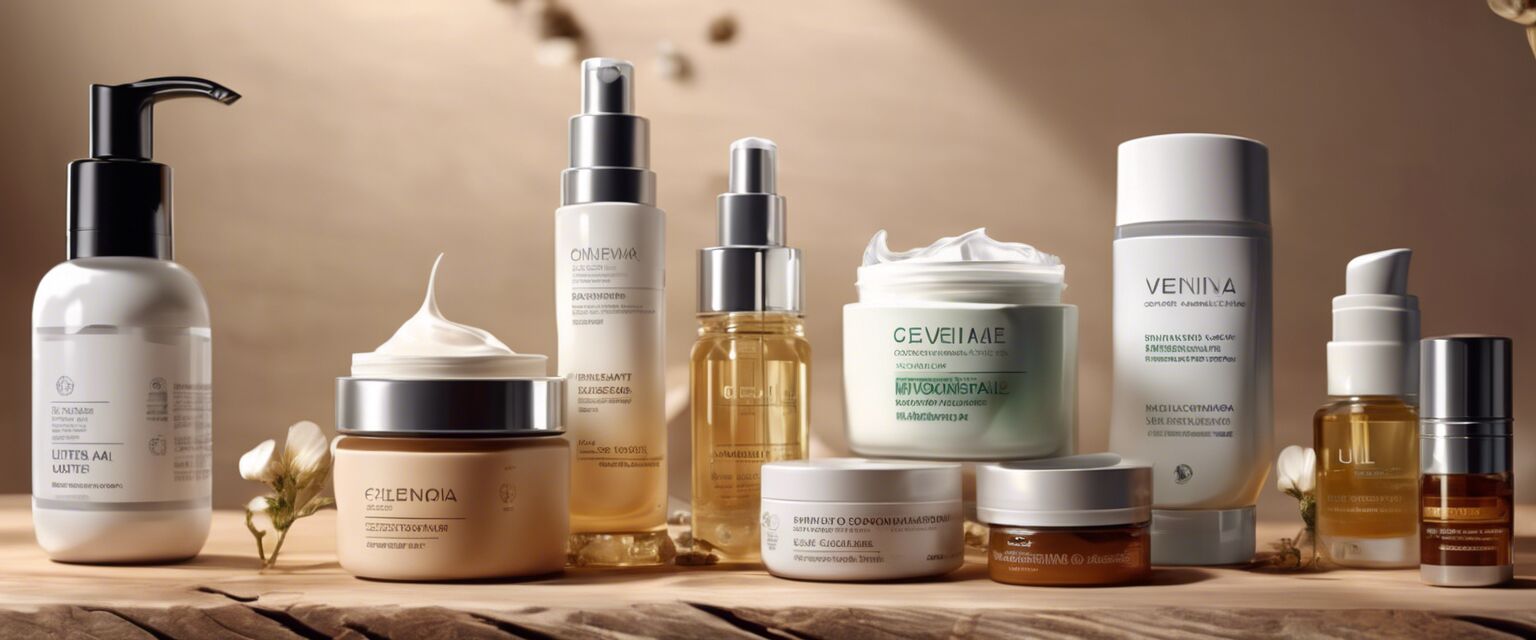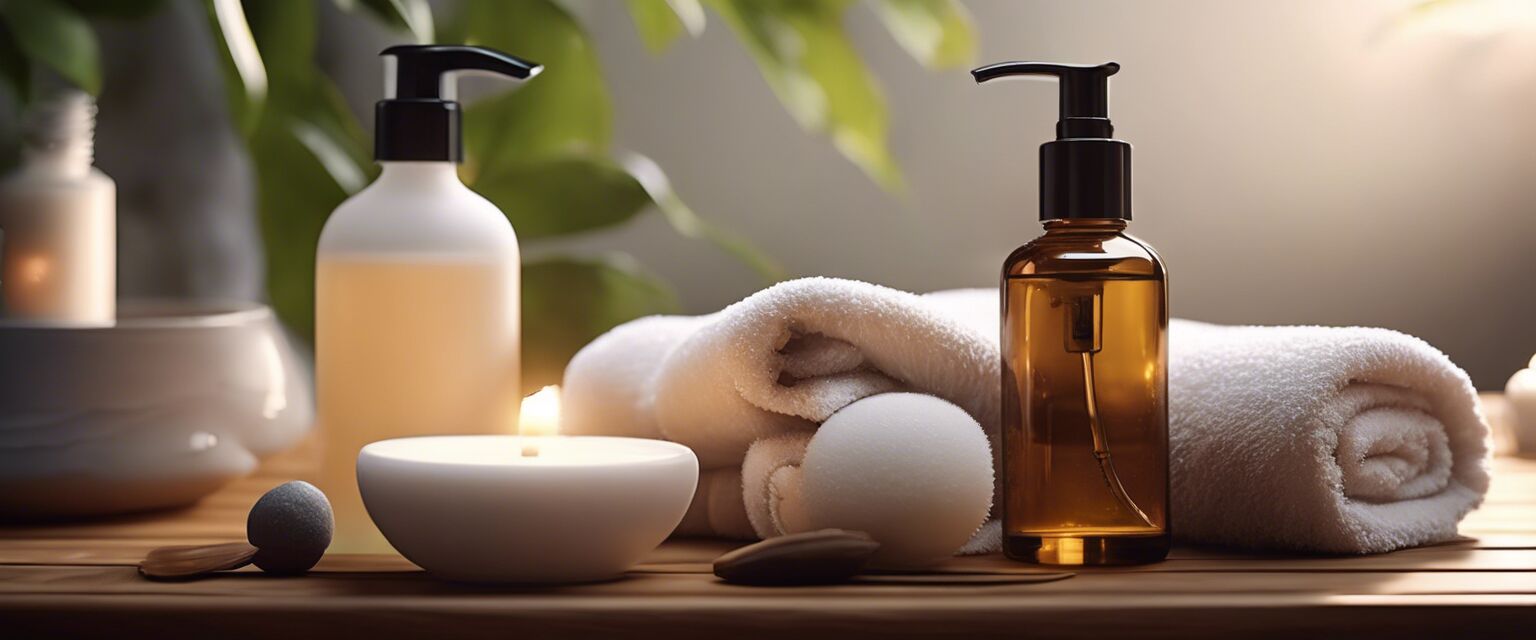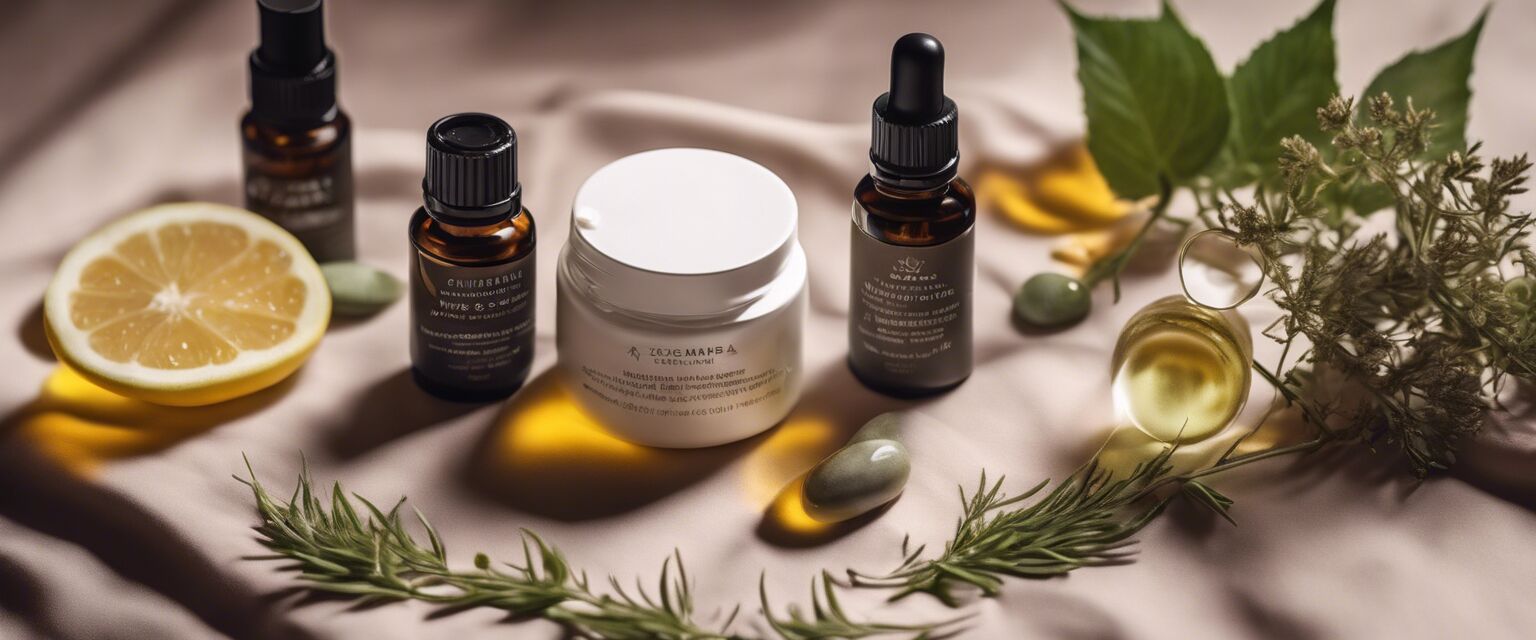
Acne Treatment and Prevention
Key Takeaways
- Understanding acne is the first step towards effective treatment and prevention.
- Regular skincare routines incorporating the right products can help manage acne.
- Diet and lifestyle choices play a significant role in skin health.
- Consulting with a dermatologist for severe cases is highly recommended.
Acne is a common skin condition that affects many individuals, especially during their teenage years. However, it can persist well into adulthood. Understanding the causes of acne and implementing effective treatment and prevention strategies can significantly improve skin health. In this article, we will explore various tips, products, and routines that can help manage acne.
Understanding Acne
Acne occurs when hair follicles become clogged with oil and dead skin cells. There are several types of acne, including:
- Whiteheads
- Blackheads
- Papules
- Pustules
- Nodules
- Cysts
Causes of Acne
Several factors contribute to the development of acne, including:
- Hormonal changes
- Excess oil production
- Bacteria on the skin
- Dietary factors
- Stress
Acne Treatment Options
There are various treatment options available for managing acne. Here are some of the most effective methods:
| Treatment Type | Description | Common Ingredients |
|---|---|---|
| Topical Treatments | Applied directly to the skin to reduce acne. | Benzoyl peroxide, Salicylic acid, Retinoids |
| Oral Medications | Prescription medications taken orally to reduce acne. | Antibiotics, Hormonal treatments, Isotretinoin |
| Skincare Routines | Daily routines to cleanse and treat the skin. | Gentle cleansers, Non-comedogenic moisturizers |
| Professional Treatments | In-office procedures performed by dermatologists. | Chemical peels, Laser therapy, Extraction |
Daily Skincare Routine for Acne-Prone Skin
Establishing a daily skincare routine is crucial for managing acne. Here's a simple routine to follow:
- Cleanser: Use a gentle cleanser twice daily.
- Toner: Apply a toner to help remove excess oil.
- Treatment: Use topical treatments as directed.
- Moisturizer: Choose a non-comedogenic moisturizer.
- Sun Protection: Apply a broad-spectrum sunscreen daily.
Diet and Lifestyle Changes
Diet and lifestyle can significantly impact your skin's health. Here are some tips to consider:
- Stay hydrated by drinking plenty of water.
- Incorporate a balanced diet rich in fruits and vegetables.
- Avoid excessive sugar and processed foods.
- Manage stress through relaxation techniques like yoga or meditation.
When to See a Dermatologist
While many acne cases can be managed at home, it's important to seek professional help if:
- Your acne is severe or persistent.
- You have scarring or skin damage.
- Over-the-counter treatments are not effective.
Products to Consider
When selecting products for acne treatment, look for those that are labeled as:
- Non-comedogenic
- Oil-free
- Dermatologist-recommended
Popular Ingredients in Acne Treatments
Here are some common ingredients found in acne treatments and their benefits:
| Ingredient | Benefits |
|---|---|
| Benzoyl Peroxide | Reduces bacteria and inflammation. |
| Salicylic Acid | Exfoliates and unclogs pores. |
| Retinoids | Promotes cell turnover and prevents clogging. |
| Tea Tree Oil | Natural antibacterial properties. |
Conclusion
Managing acne requires a combination of effective treatments, a consistent skincare routine, and lifestyle adjustments. While it can be frustrating, understanding your skin and what works for you is key to achieving clearer skin. For personalized advice, consider consulting a dermatologist.
Pros
- Variety of treatment options available.
- Can improve skin health and appearance.
- Many products are easily accessible.
Cons
- Some treatments may cause irritation.
- Results may take time to appear.
- Cost of professional treatments can be high.
Tips for Beginners
- Start with a basic routine and add products gradually.
- Patch test new products before applying to the entire face.
- Be patient; give products time to work.
- Keep a skincare journal to track what works and what doesn't.
Additional Resources
For more information on skincare, visit our other sections:
- Anti-Aging Products
- Body Care Options
- Facial Care Essentials
- Hair Care Tips
- Makeup for Acne-Prone Skin
